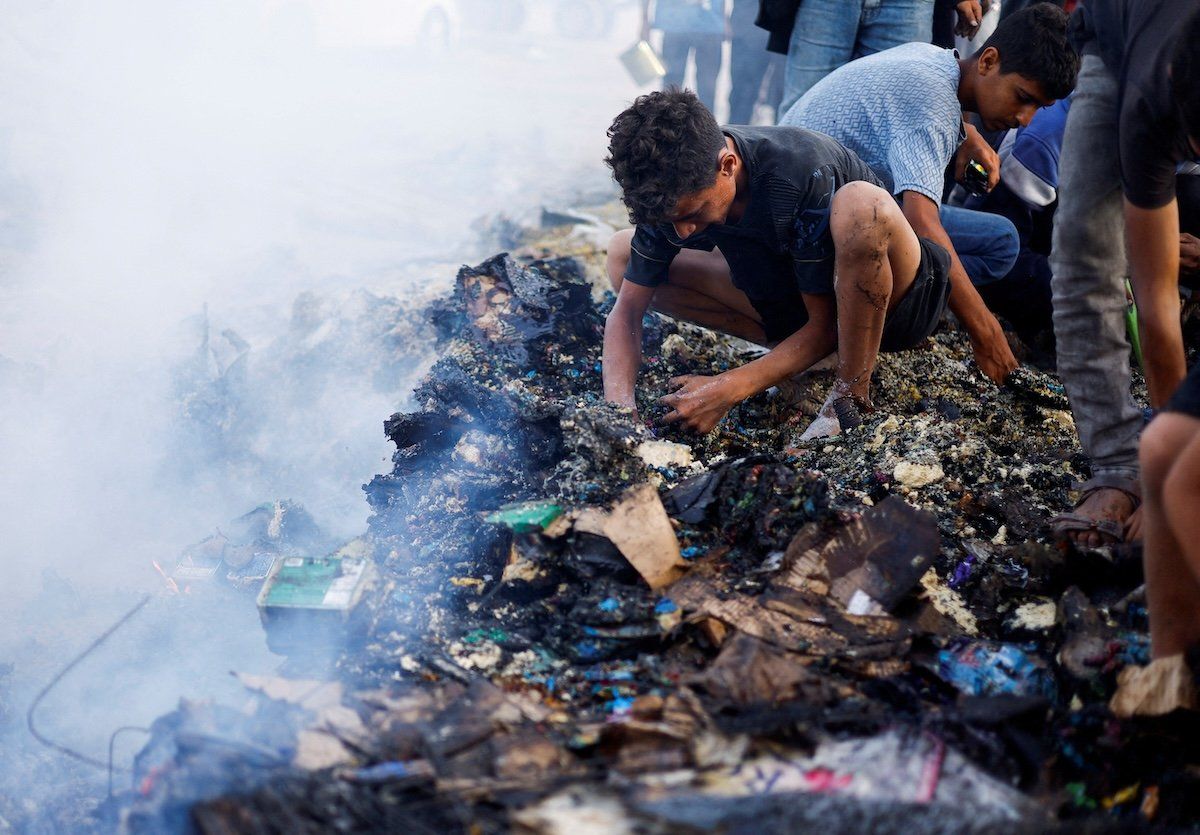“A tragic mistake.” With those words, Israeli President Benjamin Netanyahuattempted to mitigate the fallout from last week’s airstrike in Rafah that killed 45 Palestinians sheltering in a refugee camp. The US National Security Council expressed heartbreak over the “devastating images,” and French President Emmanuel Macron called for an immediate cease-fire. Germany and Qatar also criticized the attacks, stressing the need for better protection of civilians.
“We are investigating the case and will draw conclusions because this is our policy,” Netanyahu told the Knesset on Monday. “For us it’s a tragedy, for Hamas it’s a strategy.”
But the deaths have intensified scrutiny of Israel, with the UN and international courts demanding a halt to the Rafah offensive. They also come as three European countries — Ireland, Norway, and Spain — are set to recognize Palestinian statehood on Tuesday. Israel described the decision as “rewarding terrorism” and recalled its envoys from the three countries for urgent consultations.
Amid the chaos, new peace negotiations are apparently set to commence, “led by the mediators, Egypt, and Qatar and with active US involvement,” according to a source who spoke with Reuters. However, Hamas later told the news agency that "there is no date" for the talks to resume.